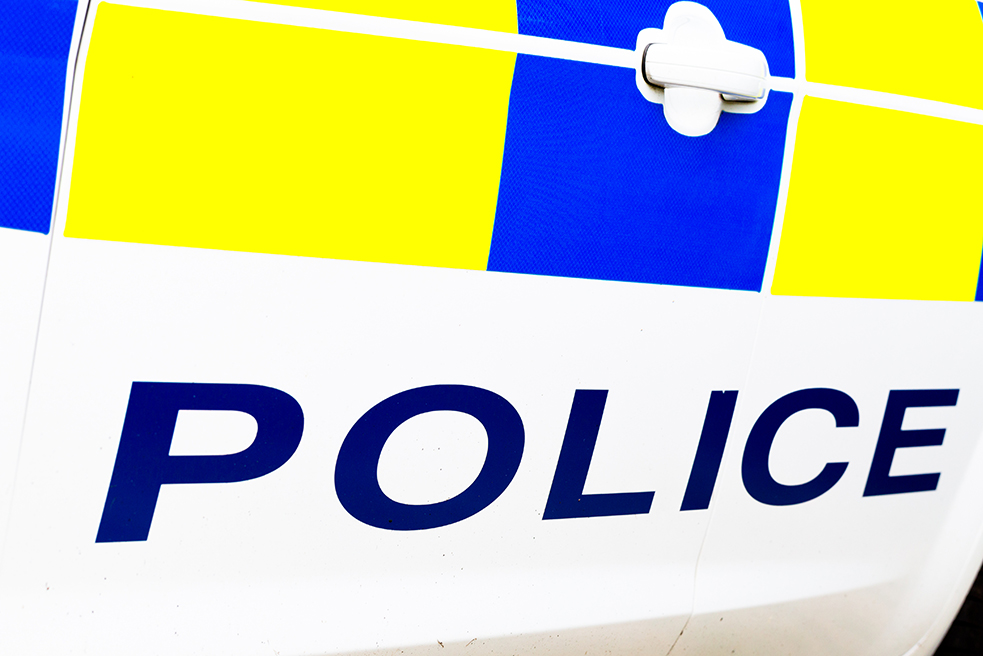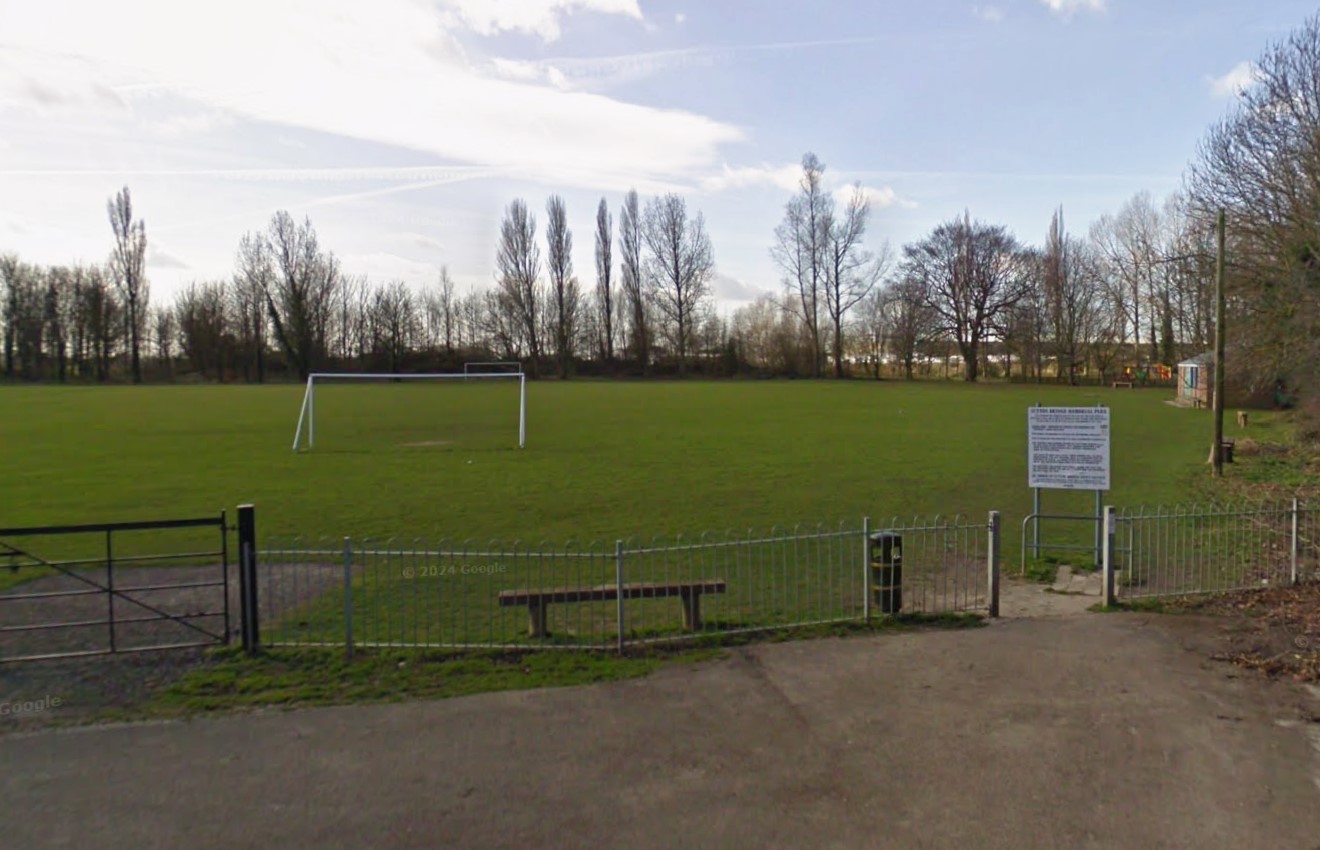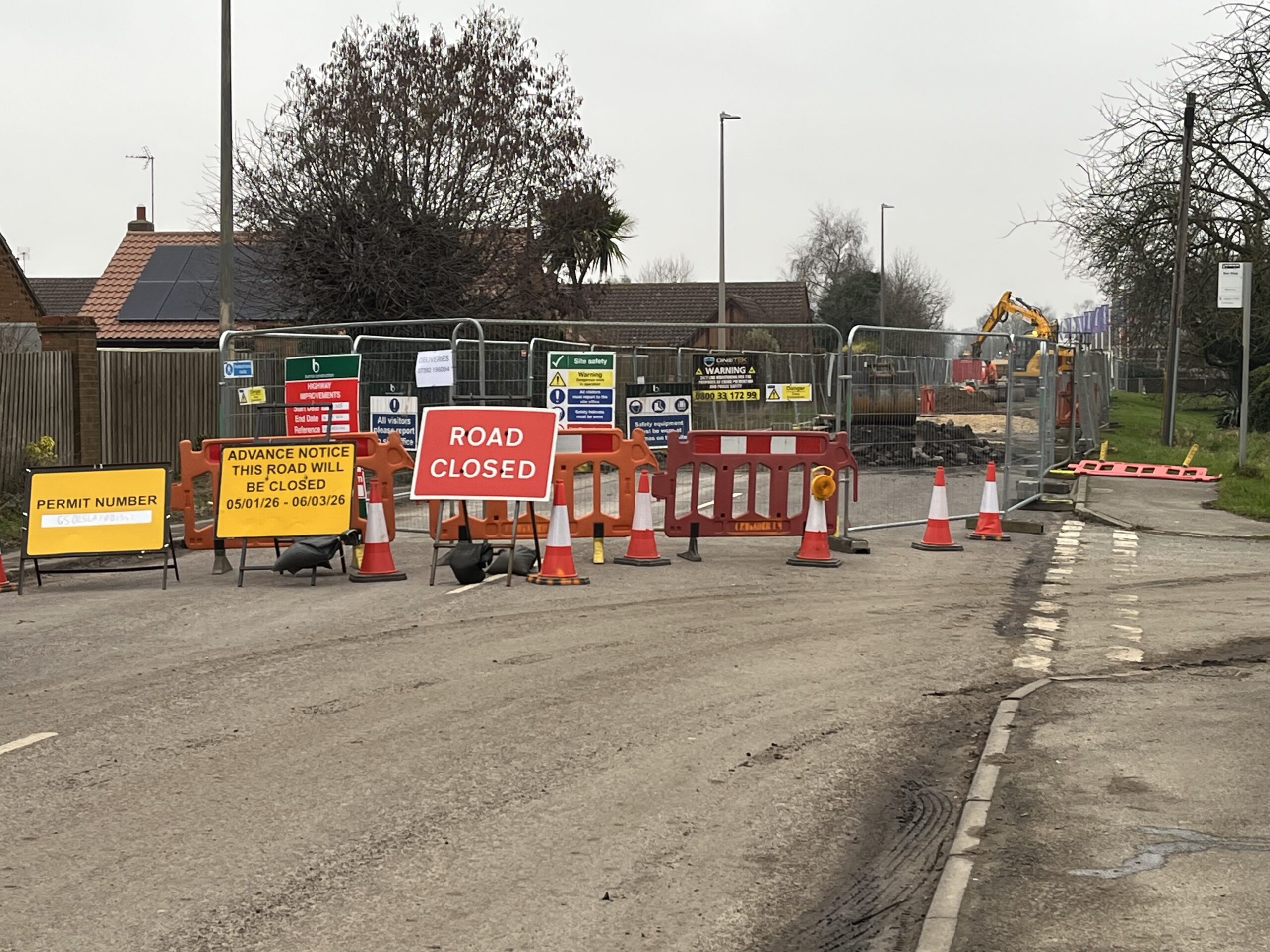Alan Hardwick is Police and Crime Commissioner for Lincolnshire.
The first person to be appointed to the role, he will mark three years in the job in November.
He says: “I am determined to be a strong and fair leader of Lincolnshire Police. I will fight for a better deal for the county that will help us continue to effectively fight crime.
“Quite simply, I want the best possible policing for Lincolnshire.”
A sometimes controversial figure, soon after taking up the £65,000 role Mr Hardwick (pictured) suspended temporary Chief Constable Neil Rhodes over an employment dispute. Mr Rhodes was later cleared of wrongdoing.
Since then they have both lobbied government to highlight the harmful effect any cuts to Lincolnshire Police force funding would have.
Mr Hardwick’s published priorities are:
- protect and strengthen neighbourhood policing
- increase officer numbers
- continue challenging Government cuts that unfairly penalise Lincolnshire
- keep police stations open
- enhance support for victims of crime and witnesses
- encourage more active and visible support from communities and volunteers
So what does a police and crime commissioner’s day entail? Mr Hardwick shines a light on his day on June 4…
6.30am: The day didn’t start well….for reasons known only to car mechanics, who were already on the case, my otherwise well-behaved motor had given up the ghost the previous afternoon. It started misbehaving after I left a residents’ association meeting in Lincoln on Tuesday evening. Now, I was waiting for a hire car to arrive. Time to check emails, diary and jot down a few notes.
By 7.30am: I was heading for the office in a new (to me, at least) car.
8am: A cup of coffee and a debrief on a recent police operation where – as usual – the Force achieved a good result.
8.30am: Regular meeting with my PA. More correspondence. Among the emails sent to my website or personal address, are a few letters, which is unusual but welcome. Electronic messaging has its undoubted advantages, but I’m old-fashioned enough to like to receive pieces of hand-written correspondence.
By 10:30am: I’m in a meeting of the Community Safety Partnership. As the title suggests, this is a gathering of professionals who work for the public’s safety. There are partners from agencies across Lincolnshire, including the police and the county council. I give colleagues a few headlines from my annual report, which is being prepared for the next meeting of the Police and Crime Panel.
12pm: On the road to a village near Louth to meet some residents who wrote a few weeks ago expressing their concern about road safety issues. I’m being joined by a colleague from the Lincolnshire Road Safety Partnership, whose knowledge of all things road and traffic related is truly encyclopaedic.
And here’s where the drawback of a hired car interfered with plans: not being immensely au fait with how to connect a mobile phone to the car’s Bluetooth hands-free gubbins (one of my daughters is usually on hand to help with this sort of thing), I had to pull into lay-bys to take calls.
I arrived at the destination on time. Seeing the lie of the land for yourself gives a better appreciation of the nature of the problems. In any case, I much prefer face-to-face meetings wherever possible.
The people who’d taken the time and trouble to share their concerns personally were thoroughly charming, and I hope they’ll think their contact was worthwhile.
I couldn’t stay for the offered cup of tea because I was due at police headquarters to meet the chief constable, other senior officers and members of Her Majesty’s Inspectorate of Constabulary.
HMIC is charged with carrying out regular and rigorous inspections of all aspects of policing. All forces are included. This was an opportunity to consider some of their initial findings in Lincolnshire.
The day’s events underlined the importance of partnership work in policing. That applies to every part of the public sector, no matter what diktats are handed down by Government, no matter how our politicians choose to manage national finances.
Finances and policing in Lincolnshire? That’s another, well-publicised, and much longer story.







